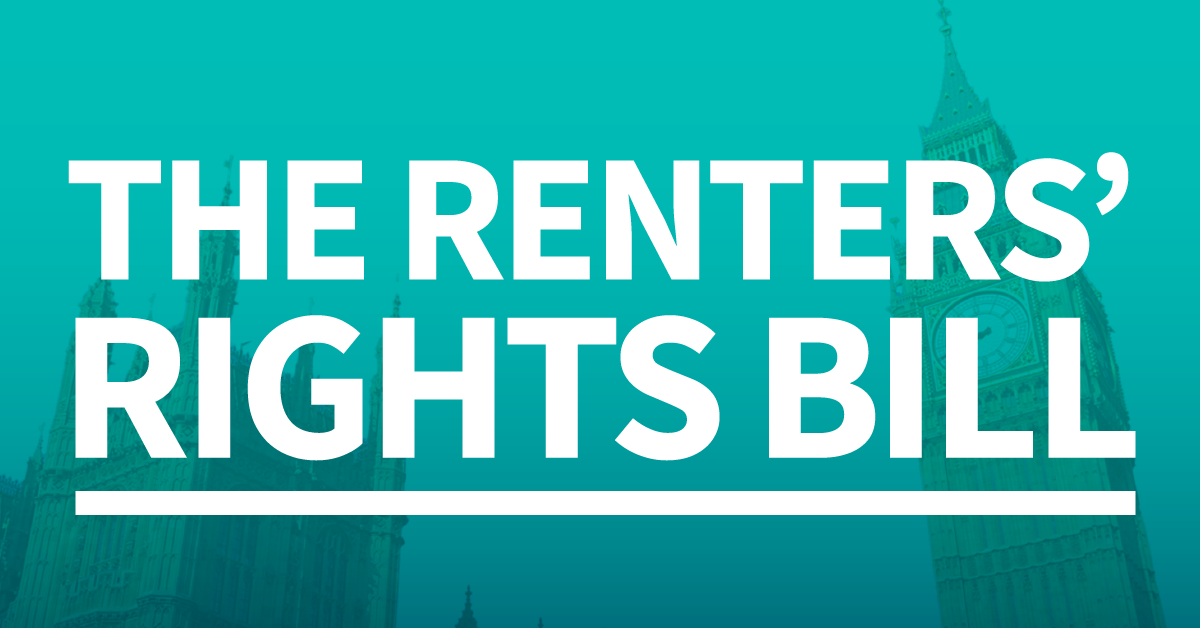

Committee stage concludes: Renters’ Rights Bill a step closer to Royal Assent
The Renters’ Rights Bill has taken a significant step forward, with the House of Lords concluding its Committee stage scrutiny this week. With Royal Assent expected in the summer, attention turns to the finer details and practicalities of the Bill ahead of its next stage. Public affairs officer, Mia Rotaru, summarises the latest developments.
Over more than 30 hours of debate across four weeks, our proposals featured prominently in the Lords' debate. We briefed peers on 15 priority amendments—among more than 300 tabled—focusing on key areas for improvement, including possession grounds, the rent increase procedure, and assessing the impact of reforms on the courts and wider sector.
Peers from across the House echoed our concerns. Lord Carter of Haslemere, who tabled two amendments aligned with NRLA proposals, told the House: “I am grateful to the National Residential Landlords Association for very helpful discussions... Landlords and tenants are two sides of the same coin—one cannot exist without the other.”
The Earl of Leicester warned: “Many noble Lords have spoken about the importance of not losing good landlords, and this Bill, as it is currently written, is very much in danger of creating that reality.”
Baroness Lister, in proposing the removal of Right to Rent checks, cited our position that landlords are not trained immigration officers and should not be responsible for verifying immigration status.
What’s new?
While no non-government amendments were accepted at Committee stage, the Government did adopt a proposal originally put forward by the NRLA.
The Bill will now include a transitional provision giving landlords who have served a valid possession claim a three-month window after the legislation comes into force to seek a possession claim in the courts, providing greater certainty for landlords during the transition period.
Additionally, some amendments were passed to allow landlords 28 days to serve a written contract when a tenancy becomes an assured tenancy, for instance if a landlord moved out and left a lodger in their property.
Student housing
Debate continued around the student rental market. Despite cross-party appeals highlighting the unique nature of the academic year and the operational needs of student landlords, the Government maintained its position that fixed terms would not be reintroduced for the student market.
Ministers argued that the open-ended tenancy model remains appropriate, even for the student sector, and rejected arguments that the change would lead to a major loss of student housing.
Rent in advance and guarantors
On rent in advance, the Government rejected proposals for publicly backed alternatives such as rent guarantee schemes, restating its support for private guarantors. However, peers raised concerns that requiring guarantors can disadvantage certain tenant groups and contribute to indirect discrimination.
Rent arrears and the courts
Possession grounds—particularly relating to rent arrears—remained a key focus. Peers called for retention of the existing two-month arrears threshold and urged the Government to modify ground 8, citing concerns around the consequences for both tenants and landlords. However, the Government declined to amend the ground, maintaining the current proposals strike the right balance.
Concerns about court capacity and performance featured prominently, but the Government gave no firm commitments on court reform or resourcing. Peers also flagged the risk of overburdening the First-tier Tribunal with rent dispute appeals in the absence of clearer rent-setting guidelines. We will continue to stress the need for changes to the Bill to ensure that the reforms are workable.
Pets and enforcement
While many welcomed greater rights for tenants to keep pets, questions were raised about insurance coverage and how disputes will be resolved. Peers also criticised inconsistencies in enforcement standards and raised doubts over local authorities’ capacity to manage additional responsibilities. The Government defended its approach and maintained confidence in councils’ ability to enforce the measures.
Implementation
In the final session, Baroness Taylor reaffirmed the Government’s intention to implement the Bill in a planned and responsible manner. She noted that essential groundwork—such as drafting statutory guidance, finalising court forms, and preparing secondary legislation—is already under way.
The implementation date will be confirmed via secondary legislation to provide the sector with clarity and sufficient notice. The Minister reiterated that ensuring the sector is ready remains a top priority.
What’s Next?
The Bill now moves to Report stage, expected in early June following the House of Lords’ recess. After that, it will progress to Third Reading and return to the Commons for consideration of amendments before receiving Royal Assent.
For a deeper dive into Committee stage discussions, members can watch our recent analysis webinar here.

